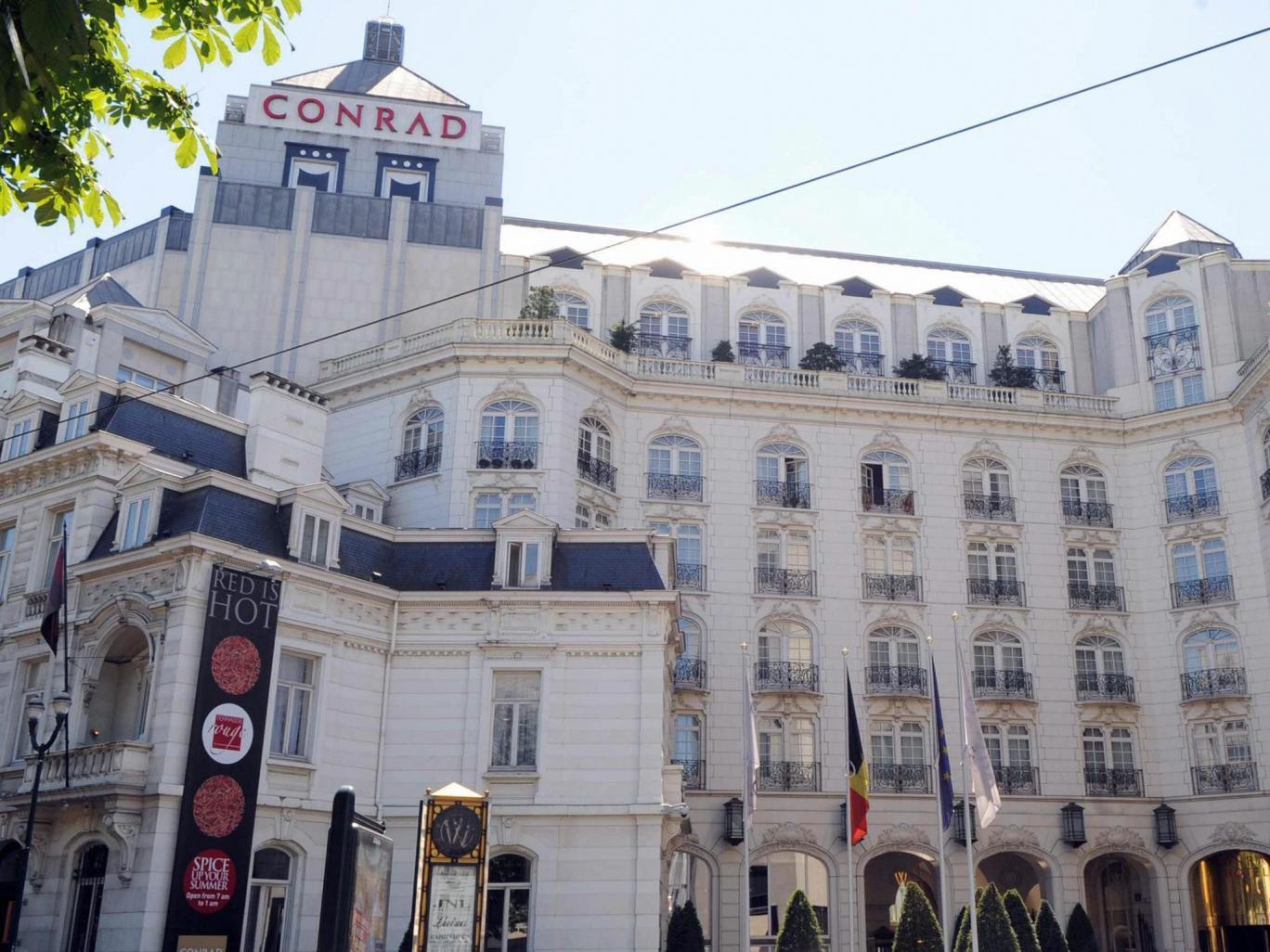Eight UAE princesses convicted in Belgium over 'inhumane' treatment of servants
Shekha al-Nahyan and her seven daughters each given suspended 15-month jail terms and £145,000 fine in long-standing human trafficking case

Your support helps us to tell the story
From reproductive rights to climate change to Big Tech, The Independent is on the ground when the story is developing. Whether it's investigating the financials of Elon Musk's pro-Trump PAC or producing our latest documentary, 'The A Word', which shines a light on the American women fighting for reproductive rights, we know how important it is to parse out the facts from the messaging.
At such a critical moment in US history, we need reporters on the ground. Your donation allows us to keep sending journalists to speak to both sides of the story.
The Independent is trusted by Americans across the entire political spectrum. And unlike many other quality news outlets, we choose not to lock Americans out of our reporting and analysis with paywalls. We believe quality journalism should be available to everyone, paid for by those who can afford it.
Your support makes all the difference.Eight Emirati royals have been convicted in Belgium on long-standing human trafficking and abuse charges related to the treatment of their servants.
Sheikha Hamda al-Nahyan of one of the the United Arab Emirate’s ruling families and seven of her daughters were each given suspended 15-month jail terms and a $185,000 (£145,000) fine, Belga news agency reported on Friday.
A total of 23 women - many of them originally citizens of African countries - were smuggled into Belgium without proper working or residency documents while the princesses rented out a floor of the luxury Conrad Hotel between 2007 - 2008, the court found.
The workers were forced to put in long hours, did not have proper sleeping quarters or food, were not allowed to leave the hotel and were paid substandard wages, investigators said. The women said in their testimony they were routinely shouted at by their employers.
The case was brought to the Brussels authorities’ attention after one woman escaped and went to the police in 2008. An investigation found the servants were living in "inhumane" conditions.
“We are very satisfied because the court made a very clear statement that this was a sort of modern slavery,” Jean-Pierre Jacques, the plaintiffs’ lawyer told Belga. “It's what we have been demanding for nine years.”
Defence lawyers for the eight princesses had previously argued that an agency provided the employment contracts for the alleged victims and took out their health insurance, suggesting the company should be the ones facing the legal action.
A legal representative for the royals did not say whether the family was planning on appealing the verdict. He said in a statement he regretted that the court “took into account the statements of the victims” but was satisfied the court had “appropriately assessed the case”.
The UAE has been frequently criticised by human rights groups for its lack of legal protections and exploitation faced by many of the country’s estimated seven million foreign domestic and construction workers.
Earlier this year, a similar case was heard by the European Court of Human Rights after a family from Dubai brought three servants from the Philippines to Vienna, Austria. The plaintiffs alleged they were forced to work around the clock without being paid their agreed wages, and were physically and emotionally abused.
However, since their employers had left the country before the complaints were filed and in lieu of a mutual legal assistance agreement between Austria and the UAE, the European Court of Human Rights concluded that a trial would “not have any reasonable prospect of success”.
Join our commenting forum
Join thought-provoking conversations, follow other Independent readers and see their replies
Comments